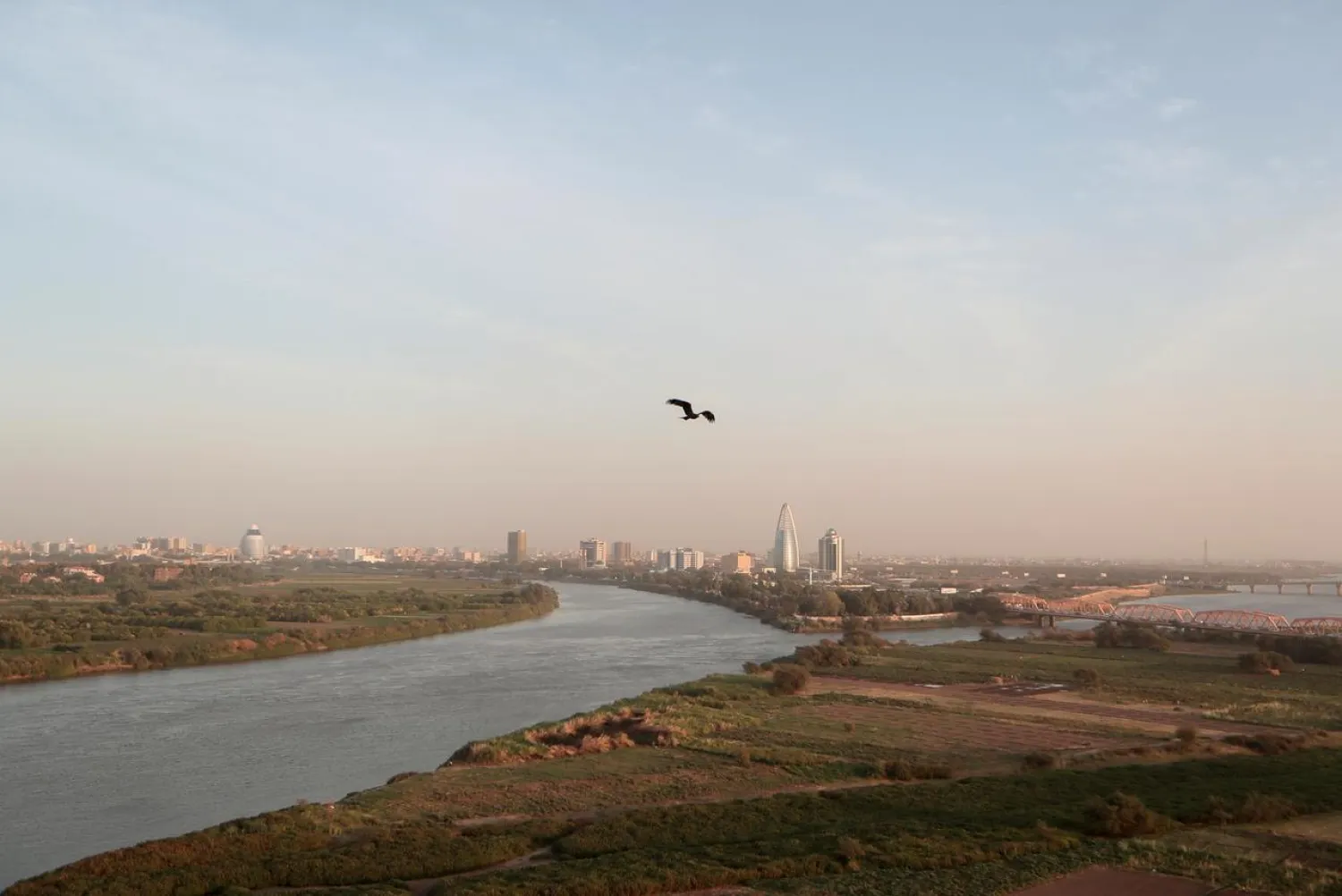Ethiopia’s prime minister on Wednesday hailed the first filling of the Nile dam that has led to tensions with Egypt, saying two turbines will begin generating power next year.
Abiy Ahmed’s statement, read out on state media outlets, came a day after he and the leaders of Egypt and Sudan reported progress on an elusive agreement on the operation of the $4.6 billion Grand Ethiopian Renaissance Dam, the largest in Africa.
The first filling of the dam’s reservoir, which Ethiopia’s government attributes to heavy rains, "has shown to the rest of the world that our country could stand firm with its two legs from now onwards," Abiy’s statement said. "We have successfully completed the first dam filling without bothering and hurting anyone else. Now the dam is overflowing downstream."
The dam will reach full power generating capacity in 2023, the statement said: "Now we have to finish the remaining construction and diplomatic issues."
Ethiopia’s prime minister on Tuesday said the countries had reached a "major common understanding which paves the way for a breakthrough agreement."
Meanwhile, new satellite images showed the water level in the reservoir at its highest in at least four years, adding fresh urgency to the talks.
Ethiopia has said it would begin filling the reservoir this month even without a deal as the rainy season floods the Blue Nile. But the Tuesday statement said leaders agreed to pursue "further technical discussions on the filling ... and proceed to a comprehensive agreement."
The dispute centers on the use of the storied Nile River, a lifeline for all involved.
Ethiopia says the colossal dam offers a critical opportunity to pull millions of its nearly 110 million citizens out of poverty and become a major power exporter. Downstream Egypt, which depends on the Nile to supply its farmers and booming population of 100 million with fresh water, asserts that the dam poses an existential threat. Sudan is in the middle.
Negotiators have said key questions remain about how much water Ethiopia will release downstream if a multi-year drought occurs and how the countries will resolve any future disputes. Ethiopia rejects binding arbitration at the final stage.
Sudanese Irrigation Minister Yasser Abbas on Tuesday told reporters that once the agreement has been solidified, Ethiopia will retain the right to amend some figures relating to the dam’s operation during drought periods.
Abbas also said the leaders agreed on Ethiopia’s right to build additional reservoirs and other projects as long as it notifies the downstream countries, in line with international law.
"There are other sticking points, but if we agree on this basic principle, the other points will automatically be solved," he said.
Years of talks with a variety of mediators, including the Trump administration, have failed to produce a solution.









